You’ll need to pause your ad blockers to see all the photos in this article.
Bread has always played an important role in the German diet. The traditional German cold evening meal is called Abendbrot (evening bread) and usually consists of different types of bread, spreads, cheese and cold cuts of meat.
Meanwhile, Brotzeit (literally bread time) is seen as a snack that can be eaten at any time of the day. To accompany it, you might enjoy a Bockwurst or a Weißwurst (Bavarian white sausage), some mustard and perhaps even a beer (if it’s not too early).
From Roggenbrot (rye bread) to Zwiebelbrot (onion bread) or Vollkornbrot (whole grain), there’s a no shortage of carbohydrates in the Bundesrepublik – and there’s an incredible amount of variety out there for you to try.
So if you’re looking to try some German bread, here are The Local Germany team’s top picks.
Laugengebäck
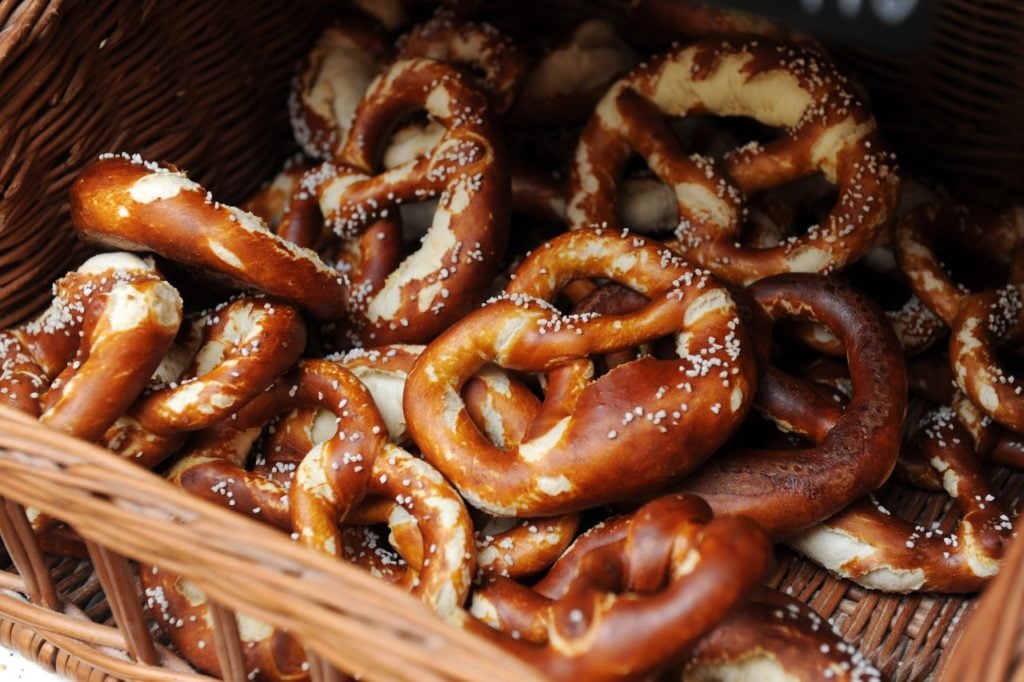
If there is any other baked good that fills you up as much as the Laugengebäck we haven’t tried it yet.
Yes, bread dipped in lye and covered in salt is the ultimate filling snack that you can get almost anywhere in Germany, whether you’re at a football match or the train station. Shaped into a knot like a Brezel (pretzel) or a Stange (stick), or popping up in your local bakery along with the other humble Brötchen (rolls), these baked lye goods are delicious.
Paired with beer (what else?) to soak up the alcohol, the pretzel is the snack of choice at events like Oktoberfest. But they’re also great when you’re rushing to work in the morning and don’t have time to sit down at a table to eat breakfast.
You can literally eat Laugengebäck while walking along a pavement or when you’re waiting for the bus (trust us, we’ve done it).
Of course you can buy them with fillings, like cheese or ham, or even slathered in a generous helping of butter. When it comes to the toppings, salt is the most common but you can also find seeds, nuts and even sweet flavours, like sugar or chocolate.
As with many German foods, they also vary from region to region so you have an excuse to seek out the bakery wherever you are in the country and see what you like best.
The huge variety means you’ll never get bored, and perhaps they’ll become a staple in your diet, too.
READ ALSO: How Germany’s marvellous bread helped me overcome food anxiety
Pumpernickel

A love or hate food, pumpernickel is one of Germany’s most popular breads. It’s typically a more heavy and slightly sweet rye bread. You’ll often find it in supermarkets but it’s also used as a base for canapes and open sandwiches.
Often teamed with fish, like prawns or salmon, make sure you include lots of spread on your pumpernickel because it can be a bit dry if you don’t.
Pumpernickel is baked over a long period of time at low temperatures, which allows it to develop it’s distinct dense texture.
Stollen

Trump once tweeted that investigations into his conduct had ‘stollen’ two years from his life, but we’re pretty sure he wasn’t talking about the yummy German holiday bread.
Still, his probable typo is onto a winner: the bread that’s traditionally enjoyed at Christmas time (though there are versions of it that are munched at Easter too) is a German favourite.
Said to be created in the Dresden area in the 14th century, this fruit bread in its modern form is known all over the world. It’s usually made with raisins, spices, butter plus the all important dusting of marzipan or sugar. There are lots of regional varieties, though, and you can even try making your own.
The best place to buy Stollen is from stalls at Christmas markets in the lead up to December 25th.
Maybe we’ll see Trump at the markets this year?
SEE ALSO: The secrets behind Stollen, Germany’s beloved holiday treat
Brötchen
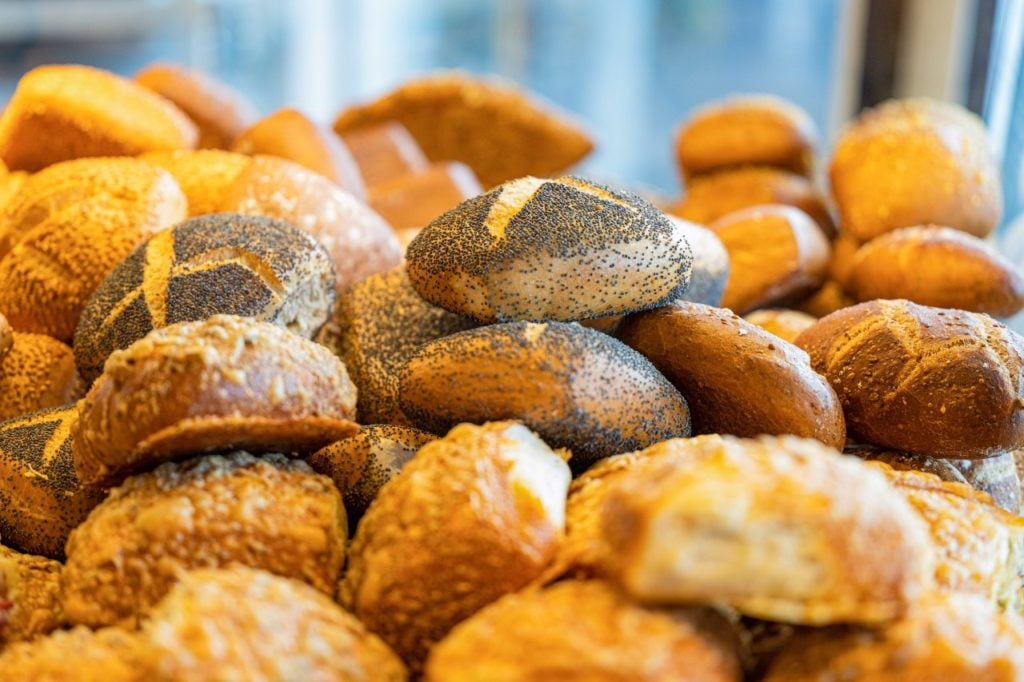
Literally translating as the small form of bread – little bread – Brötchen are the country’s beloved rolls. They are also known as different things depending on where you are in Germany. So it’s Semmel in Bavaria and parts of the east, while it’s Wecken in other parts of the south. In Berlin and Hamburg it’s said rolls are known as Schrippen.
When it comes to flavours, you have to try the Mohnbrötchen (poppyseed), Sesambrötchen (sesame) as well as the traditional Vollkornbrötchen (wholemeal rolls).
READ ALSO: The foods you have to try while visiting Hamburg
The point is that bakeries here can make Brötchen out of anything. There’s even Kartoffelbrötchen, which is rolls made from another popular German food – potatoes.
Germans are such huge fans of bread spreads that whole sections of supermarkets are dedicated to them. Topping your Brötchen really is a serious business. With such a huge choice of toppings and variety of breads, this should be your go-to meal.
Vollkornbrot
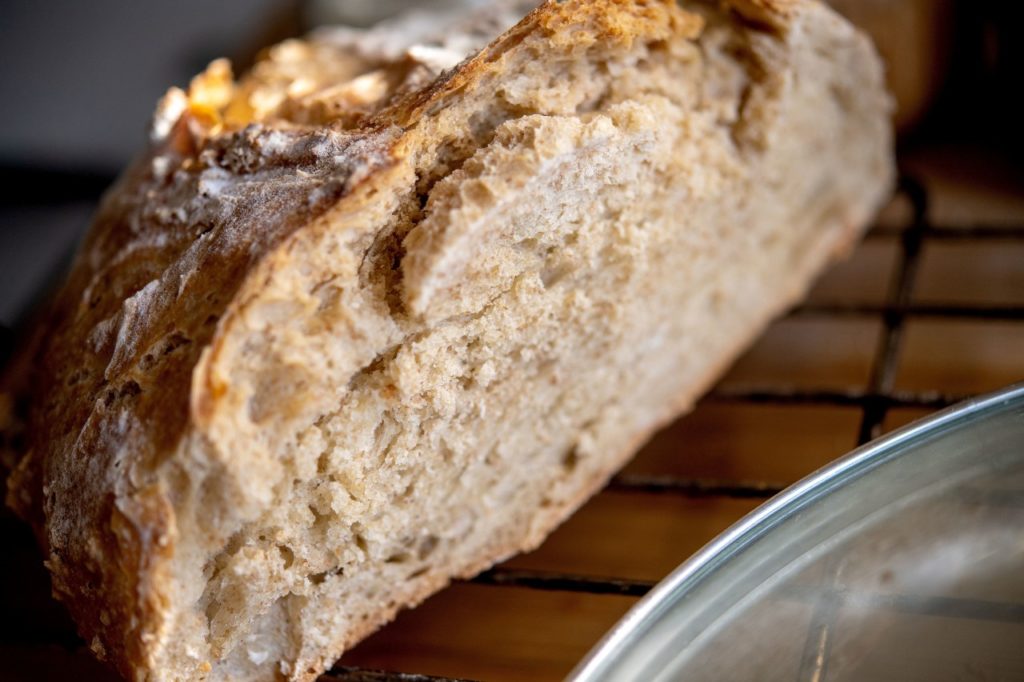
Vollkornbrot translates literally as ‘full grain bread’ or ‘brown bread’, a relatively boring description which defies both its deliciousness and its importance to the German palate.
Vollkornbrot includes rye bread (Roggenbrot) as well as bread with sunflower and chia seeds baked in.
The polar opposite to the white toast loaf on the spectrum of taste and nutrition, Vollkornbrot is the cornerstone of any nutritious German breakfast.
Indeed, when Germans travel or move abroad, it’s usually the Vollkornbrot rather than sauerkraut, schnitzel – or even beer (i.e. liquid bread) – that they miss the most.

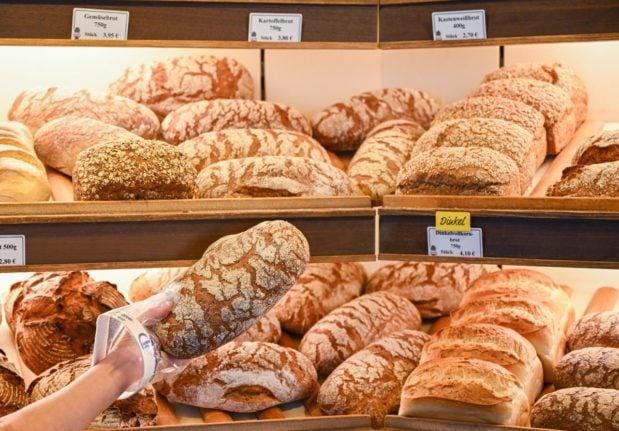
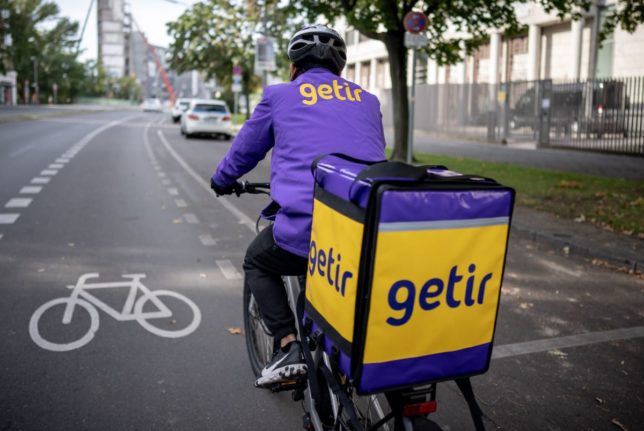
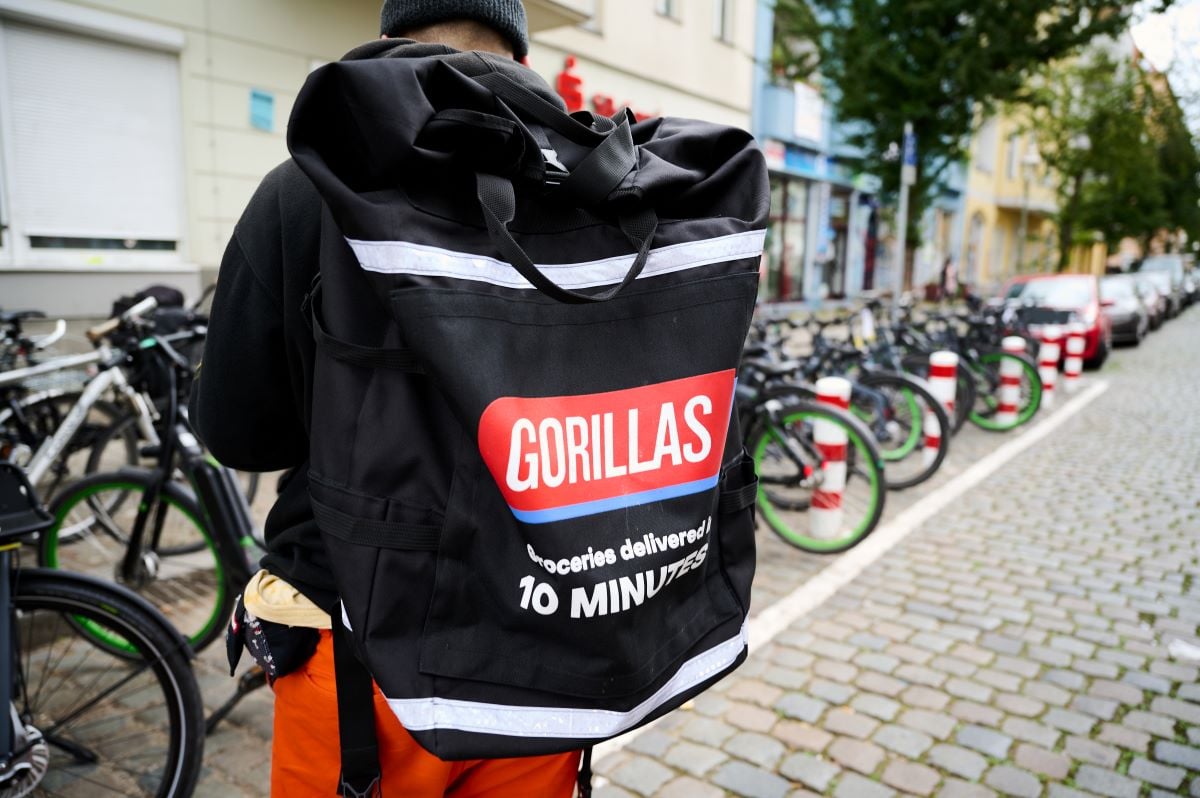
 Please whitelist us to continue reading.
Please whitelist us to continue reading.
Member comments